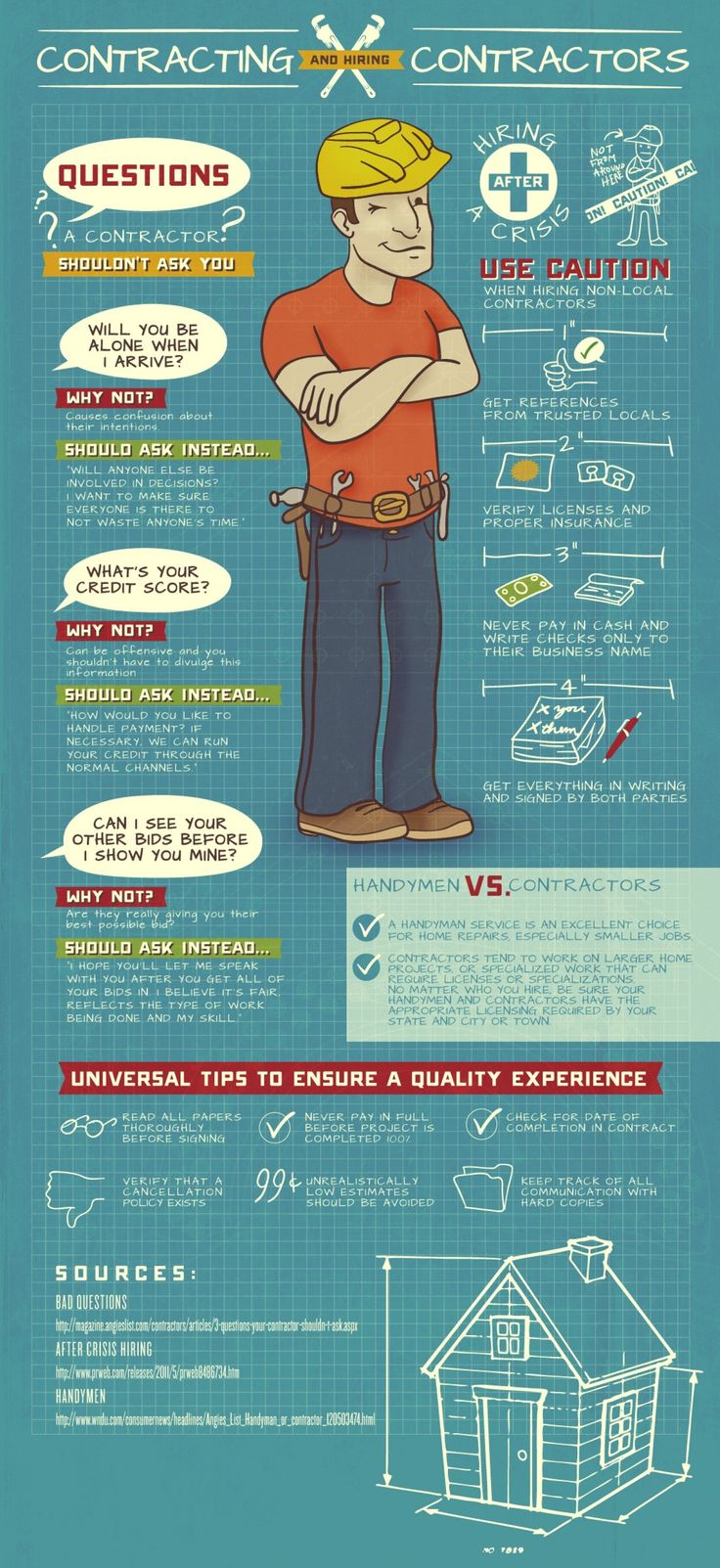THE CHATTER
September 2017

Scott Hubert, Neighbor and President
Wow! What a devastating month Cypress Forest and surrounding areas have experienced. The loss from Hurricane Harvey is heartbreaking for all of us. This storm wreaked havoc on our homes, schools, businesses and lives, but our resolve is strong and we will be better for this. I am so proud to be a part of this community right now. Our neighbors came together in amazing ways to help each other. Bless the first responders, bless those strangers who came from all corners of the earth as private citizens to evacuate us, bless the many citizens who have opened their homes, hearts, wallets and tool chests to help complete strangers and bless Spring, Texas. It will take us months and years to heal from this tragedy, but know that we have each other’s backs and it’ll take more than a storm to ruin the wonderful quality of life in our neighborhoods. My heart, and those of the board, are with each of you who endured a loss. Please reach out to one of us if you still need assistance – from debris removal to mucking to just someone to chat with. Houston Strong; Spring Stronger!
The association is working on a grant through our management company for those who endured a loss. We can’t promise anything definitively as there is so much loss in our area and many will be applying, but we’re going to give it our all. In the meantime, we have made a sizeable donation of money and supplies to the relief effort in our community. If there is something specific you need that has not been provided, please call one of your board members as you have our assurance that we’ll do our darnedest to get you what you need. We are working with our management company and attorneys to determine if there are specific things we can do as an association to help our neighbors who have been directly affected. For all neighbors, we have stayed our deed restriction violation reporting and collections for three months. That means no collection or covenants will be enforced until December 1, 2017. In addition, we are waiving the ACC approval process for minor improvements related to flood remediation. We encourage our neighbors who flooded to use diligence in getting their house back in order. We do not want an application process to slow down things; though we do ask that you adhere to covenants and restrictions when remediating. If you have questions about what those might be, please reach out to me at 832-663-0133. I’d be glad to answer your questions and help in any way that I can.

That’s it. Love makes us all strong.
E.A. Bucchianeri
As many of us will be forced to enter into contracts with local contractors, I want to remind you all of some good tips when contracting work on your home:
- Try to hire local contractors with a solid reputation in the Houston area. There will be a lot of “foreigners” coming into our area from other cities in the US to seek work. It is likely that the majority of those individuals and companies are qualified in their work. However, when the work is done and you require warranty service, it will be impossible to seek such remedy. Also, if one of these out-of-towners defaults on a contract, it can be much more difficult to collect. Houston is a large enough city with an abundance of qualified contractors. If you don’t find the perfect fit at your first go-around, don’t be discouraged and keep trying. Yet, always try to hire locally!
- Get multiple quotes. While tedious, it’s much easier to sleep at night for the next many years knowing you received a fair price. Besides, multiple quotes means multiple professionals with different approaches and perspectives and this may benefit you in giving you a specific influence on how you proceed with the work.
- Check references for everyone you consider contracting with. Start at social media and then seek at least 3-4 people to which the individual or company has worked with in the past. Try not to rely only on references to which the potential contractor “forces” you to look to. Try to independently seek out unbiased sources for a solid reference. Find out if the other party was happy with the price, the quality of work, the follow-up (warranty, etc.), the communication, the timeliness/efficiency, the safety and the cleanliness of the work; among other questions you might have. If time and distance do not preclude such a decision, see if you can arrange to go look at the finished product (especially for large contracts where many scopes of work are covered).
- Find out how much work will be self-performed versus subcontracted out. If a contractor is having to subcontract a large portion of the work to individuals or companies that are not affiliated directly with his/her company, find out why that is. Is the explanation reasonable? Could you just subcontract out these scope items directly and skip the upcharge with little hassle? If you still decide to use a contractor who utilizes subcontracted work, make sure that the contract you sign makes the contractor solely responsible for the subcontractors and their work and indemnifies you if the subcontractor is negligent in their work.
- Check licenses! Texas is unique in rules and statutes for contractors and as such, general contractors need no license in order to operate. However, most of the “trades” require specific state-issued licenses only provided after a person passes a strenuous competency and background check. These trades include alarm companies, electricians, plumbers, and HVAC professionals (“mechanical” contractors). You can check most licenses on the Texas Department of Licensing and Regulation webpage found at https://www.license.state.tx.us/ Plumbers are licensed by their own regulatory authority and you can refer to the Texas State Board of Plumbing Examiners to verify a plumbing license. That website is http://tsbpe.texas.gov/
- Once you have narrowed your search down to one or two contractors, do a thorough background search. It’s not uncommon to ask for ownership information if you are contracting with a structured entity (corporation, LLC or partnership). If you are working directly with an individual, don’t feel uncomfortable asking for a copy of this person’s Texas identification card. You need to know who will be working around your family and on your most important investment. Once you have this ownership information, go run checks for criminal history, right to conduct business in Texas (Secretary of State and Texas Comptroller franchise tax status websites), lien history and civil action against this company or individual. Any heavy lien claim or civil lawsuits should be given great weight as they are a sign of a troubled contractor. It can be uncomfortable to discuss any adverse items noted in this search with the potential contractor, but it is better to know who you are contracting with PRIOR to signing a large contract rather than later. Also give weight to the length of time the contractor has been registered with the Secretary of State under the same name. It’s a good idea to write stricter contract language for new contractors or those who have operated under separate names in the recent past.
- Execute a solid contract that favors you; not the contractor. This is really the most important part of all of these steps and one step that so many homeowners fail miserably in following through with. You can fail miserably at the background checks and data collection noted above. Yet, with a solid contract that protects you, if you find out after the job has started that you hired the wrong person or company, that contract can act as a shield to keep you financially solvent and indemnified throughout the ordeal. A properly-written contract can also provide you rights to terminate the contract without penalty or pursue the contractor for shoddy or improper work. There are so many provisions that should be in a complete contract that it’s hard to touch on them all in this newsletter. It should be noted that the level of risk increases consistently with the increase in scope and therefore the increase in contract price. You likely would not require a 40-page contract if you are simply having a fixture changed out. Yet, many of us are finding that we are facing upwards of $80,000 in repairs and remediation. I reviewed a flood remediation contract last week for $129,000 in repairs. When that kind of money is on the line, an amount equal to approximately 25%-50% of the value of our home, you want a strong, staunch (i.e. LENGTHY) written contract in place to help protect you. The basic contract should include items such as indemnity, insurance coverage, payment terms, total explicit contract price, type of contract (lump sum is most common, but cost plus is sometimes appropriate in residential construction), change orders and change process, default and termination rights (for both parties), warranty terms, taxes (there is no sales tax on most residential work and contractor should be responsible for all other taxes), release of claims and liens, dispute resolution, permit responsibility, length of work, safety, cleanup, liquidated damages (none should accrue to homeowner, but good idea to place reasonable LDs in contract for contractor), and finally, total itemized scope of work which will also include which party is providing material for each level of itemization. This last part is very important as without an itemized written document stating the performance of work to be performed, the courts are apt to award any dispute to the contractor. If it helps anyone, I have a good draft of a residential contract for a large contract ($50,000 or greater) and would be happy to share it for ideas on the items you might wish to consider in preparing or reviewing a contract for home repairs. I am not an attorney and am not providing legal advice or any reliance in providing this information or a sample contract. I am, however, a neighbor who cares and part of a conscientious homeowners’ board that represents YOU and would never want our neighbors being “burned” by an unscrupulous contractor.
- Confirm payment terms are reasonable. Don’t overpay. You want to stay in “front” of your contractor as much as possible until the job is completed to your satisfaction. Contractors use all kinds of excuses and rationale to try and advance payment to “front-load” their jobs. By paying more than the percentage of work performed, you give up your largest leveraging tool. It is reasonable for a contractor to ask for funds up-front. This amount should be equal to 10%-25% of total contract price; dependent on scope and the amount of material to be procured on your behalf. For labor-only contracts, the down payment should be much lower. I usually only let 5% up front for labor-only contracts and couple that with more frequent payments as work progresses. Don’t cave into large overpayments that the contractor may either run off with or that you might want back later when the contractor underperforms. Texas is also a “retention” state, which means you can request that 10% be withheld at the conclusion of the contract to ensure all work was performed properly. Residential retention usually is funded within 30 days of substantial completion of the contract. At the end of the day, make sure you go to bed with more in your pocketbook than the contractor has put into your home.
- Secure a current Certificate of Insurance (“COI”) detailing the contractors insurance policies in place. Most underwriters and brokers for underwriters use the ACORD format for COI’s. This summarizes coverage, which should include workers’ compensation, general liability, builders’ risk, and automobile (at a minimum). Confirm that there is an endorsement that covers all subcontractor’s work (if subs will be involved). If not, then you need to get separate COI’s from all subs. Consider calling the broker and/or underwriter on large projects to confirm coverage and ask questions. The name and number should be listed on the ACORD form. This also eliminates the possibility that the contractor would provide a fraudulent or fake certificate. Make sure that you always have current COI ahead of any work. If your work is to extend for several month and one of the policies listed on the COI expires at the end of this month, do not let the contractor into your home until he/she has provided a new, current COI. You are exposing yourself and your financial stability by doing otherwise. Avoid the common mistake of waiting until there is a loss (property damage, an injury in your home or damage to material) to ask for the COI…..you’ll likely never receive it or find that no coverage was in place in the first place. Finally, most of us are not insurance professionals versed in the business of risk. Consider leveraging your own homeowner’s property and casualty policy broker for questions and to help property confirm you are protected. This broker wishes to avoid a further claim and so they are often apt to do some legwork for you to confirm that the contractor has the proper coverages and you are indemnified.
- Demand lien releases at the same time payment is provided. This is crucial and required for each and every draw that you fund to your contractor. I cannot tell you how many times I’ve been approached by a homeowner who paid his contractor only to have a material supplier, a subcontractor, or an employee who was not paid on the job file a lien on his/her home. It’s quite unnerving and very expensive and time-consuming to unwind. A simple lien two-page lien release will absolve you of this potential liability and protect you completely. This step is so important that the Texas Legislature created a statute to standardize releases on private jobs (i.e. homestead rebuilds) during the 82nd Legislative session. This House Bill 1456 created standardized releases that can be used and relied upon. If you need a copy or if you have questions about releases, please feel free to contact me as I’d be happy to provide a sample.
- Keep receipts! This is a no-brainer. Yet, so many destroy or misplace documents related to payment to contractors and procurement of materials. There are many reasons you might need to rely on these documents at some point in the future; least of which might be to claim a casualty loss deduction on your personal income tax return (if applicable). If you don’t wish to have a paper file laying around, consider scanning the documents into one file and keeping in digital format with other important items.
“Be diligent in finding the right contractor, executing a proper contract, and working through the tedious task of rebuilding. Planning and preparation is half of the equation of success and done right, guarantees a successful project. “
There is a lot to consider above and yet, those are just the basics. Don’t feel overwhelmed. We are in this together and there are some great resources available to help guide you through this minefield. Keep calm, try to keep the emotions out of the remediation process, be objective, be thorough and think things through before committing to anything. Finally, please feel free to call if I or any board member can be of assistance on this topic. Again, I must reiterate that neither myself not any of the board are attorneys. However, we will help where we can and many of us have experience as professionals working in the construction trades. We want the best outcome for our neighbors and will do all we can to assist where possible.

The board wishes you all the very best. Our hearts are with those friends and neighbors who experienced a loss and we hope you’ll reach out to us if there is a specific need we can assist with. We will try to do what we can so as to support each of you through this difficult time and hope that we can celebrate a community rebirth in the coming months. Remain Spring Strong!
Warmest wishes,
Scott D. Hubert
Neighbor and President


Recent Comments